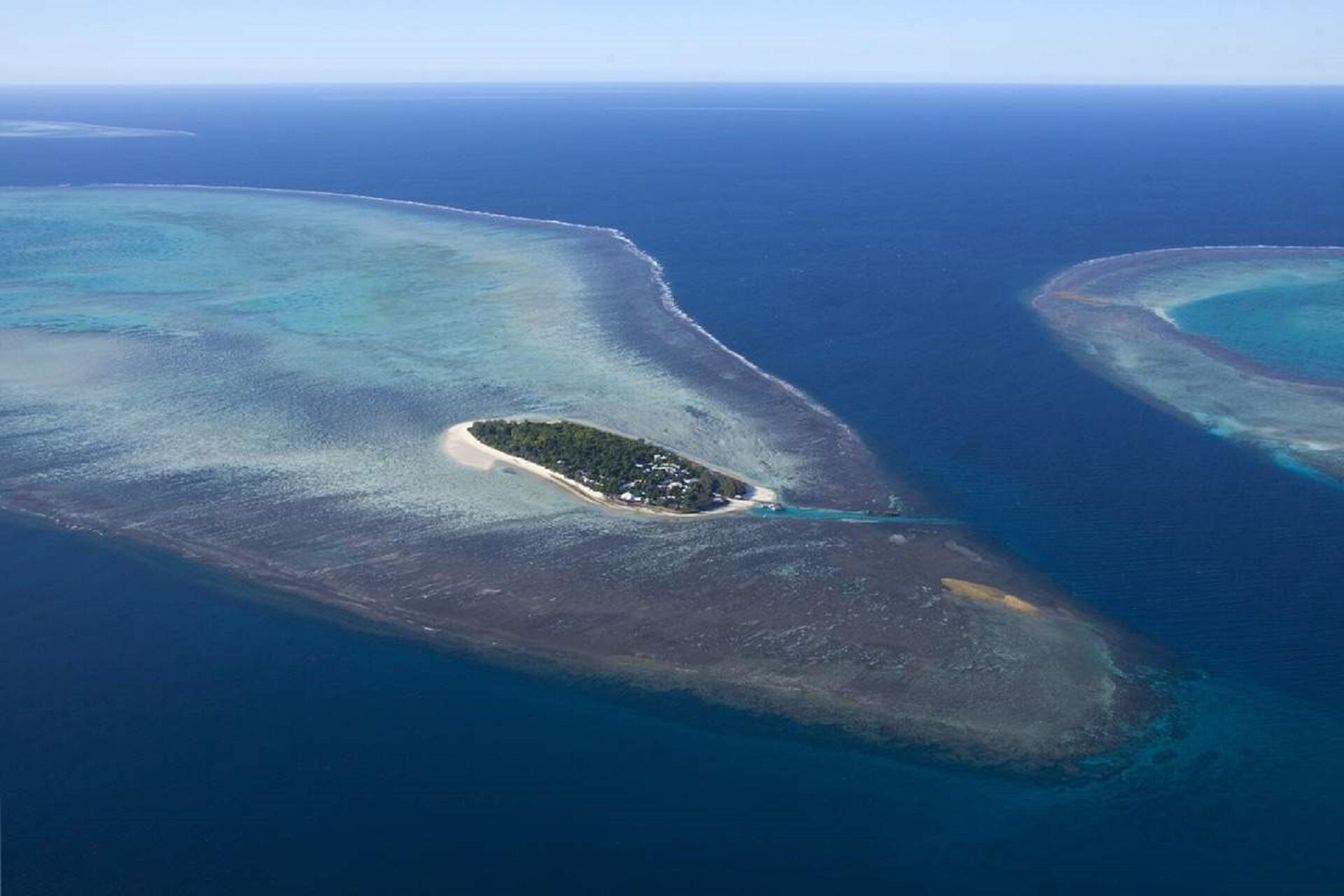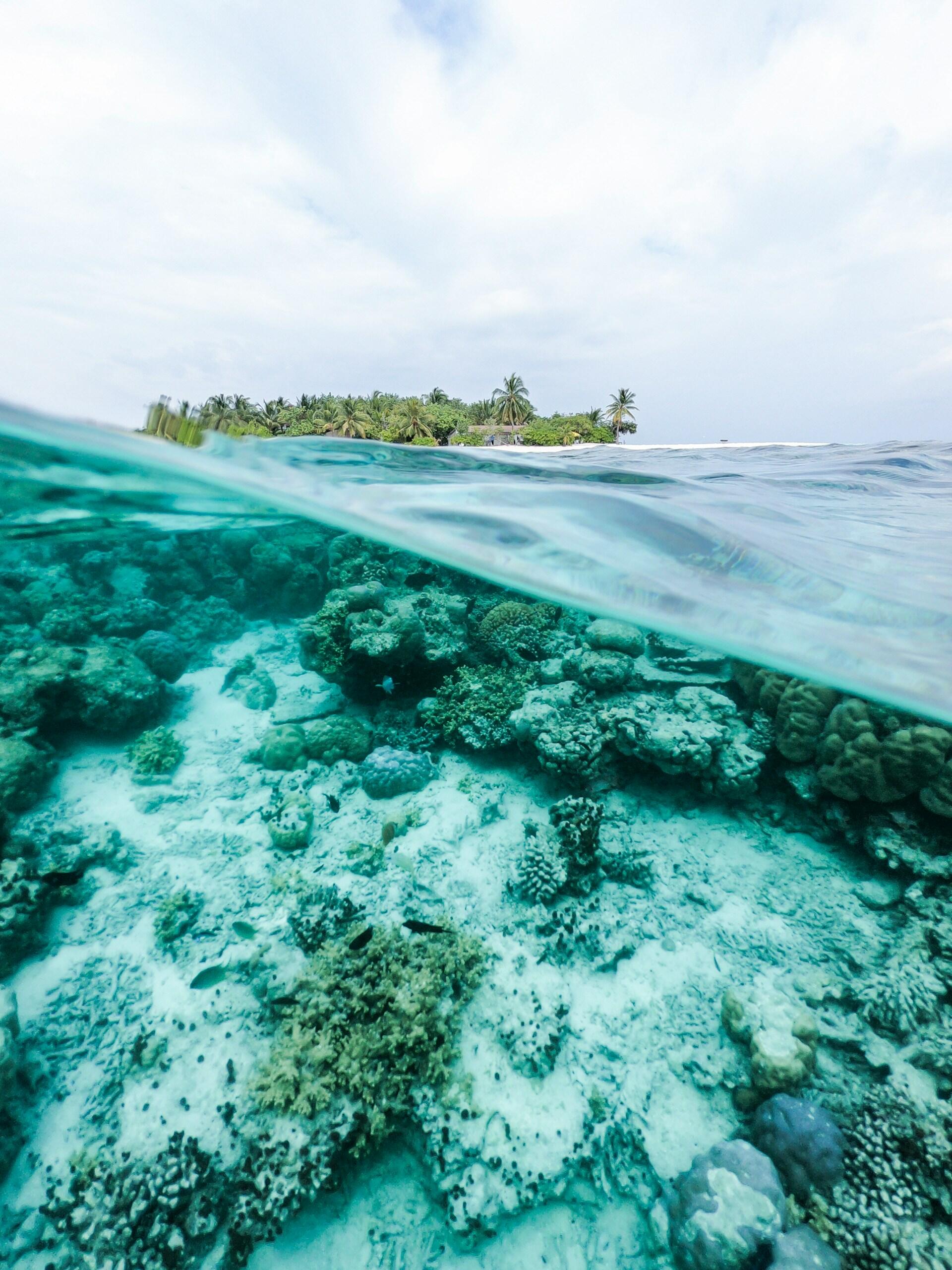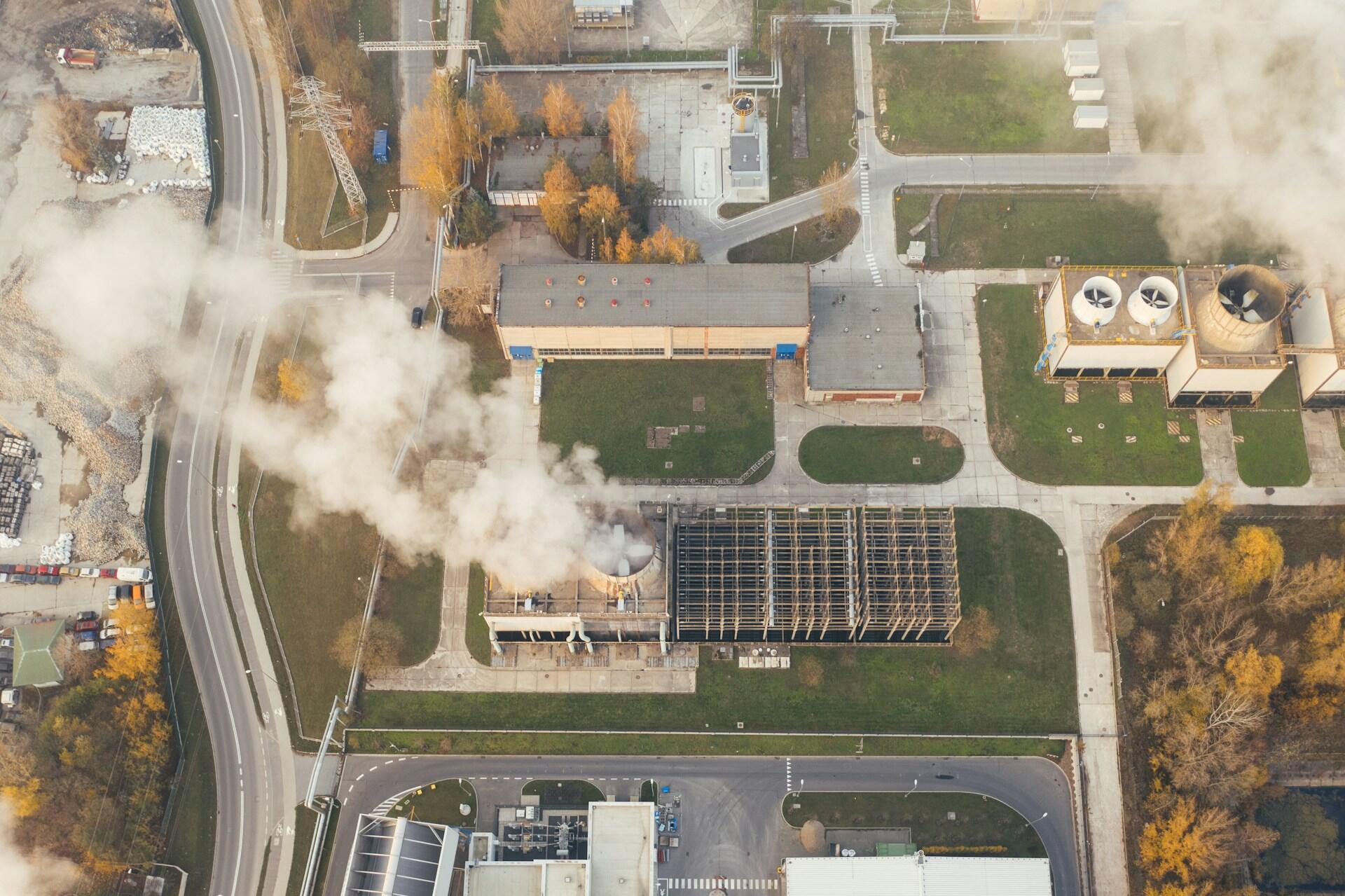Of all the chemistry sub-sciences to study, environmental science might be the most pressing. Deforestation, water scarcity, soil depletion and erosion pose existential risks for all lifeforms. Our modern heroes are those who provide tomorrow's solutions to these problems today. The University of Queensland is at the top for research and education in this field, but Australia has more than one such program to learn from.

What Are Environmental Studies?

Like Chemical engineering studies, environmental science reaches across scientific disciplines. Environmental scientists study the Earth's physical, biological and chemical processes.
Then, they apply their specialised knowledge to challenges facing life and Earth systems today.
Environmental concerns always feature interaction between 'three sciences' processes: physics, biology, and chemistry.
This definition gives us a clue of what Environmental Studies involve. But, this is not yet the whole picture. You'll find the most productive environmental scientists at the junction between chemical, biological, and physical activity.
Environmental science considers human and ecological activity on the environment, as well. Social sciences play a role in this field, too. People's history, relationships - with their environment and each other, and culture also impact their environment.
Climate science is yet another dimension of environmental studies. Atmospheric science, from meteorology to pollution control and mitigation, gives students a far-reaching field to focus their studies on.
By contrast, oceanography gives students the chance to study the aquatic environment, and remedy the harm done to it. All of these are branches of Environmental Science.
Environmental Chemistry Studies
To excel in this field, students must first understand how the uncontaminated environment acts. They will then consider chemical components and their actions within the environment in question.
They may be aquatic, geological, or atmospheric.
The components in question might be toxins, pollutants, or invasive species.
Finally, environmental scientists will use their analytical skills to understand harmful chemical reactions in the environment they study. And then, they will work to minimise and/or remedy any damage they discover.
To begin your journey into this fascinating field, look for undergraduate science degrees in Chemistry. Most Australian public research universities offer such a degree. However, some rate higher than others.
If you'd like to know more or be more prepared for your Science Degree in Chemistry, visit Superprof and find a chemistry tutor who can help you reinforce and improve your knowledge of chemistry.

The Best Universities to Study Environmental Science
According to the university ranking site EduRank, the University of Queensland (UQ) takes the top spot for environmental science studies. Unlike many other Australian universities that offer specific degree plans in this field, students will apply to this school's Bachelor of Science program.
Once they've satisfied all the admissions criteria, students will select Environmental Science as their major. You may also choose a minor study subject, one related to environmental studies. Such might include ecology studies, or you could pair environmental science and management studies.
This university recognises the breadth of this discipline. Its curriculum addresses every aspect of environmental science.
Your undergraduate studies begin with mandatory chemistry courses. Then, you will expand into ecology, plant biology, climate science, and pollution. Your studies will culminate in a research project, in the environmental area of your choosing.
UQ ranks #1 for many scientific areas of study, including food science and nutrition. Should you be uncertain whether environmental studies is the best major for your career goals, you might look into this school's other science study programs.
The University of New South Wales
UQ approaches environmental studies from the science perspective; UNSW comes at it from the management side. That makes more than a bit of sense.

Especially considering that a large part of environmental science's work entails monitoring and mitigating harm to the environment.
This study program focuses on the social, economic, and regulatory aspects of environmental policy.
Despite UNSW's management angle, students will nevertheless study the chemistry behind environmental events. Indeed, you will go from the atomic level to organic and inorganic chemistry, with a host of core subjects marking your path.
Australian National University (ANU)

Like UQ, ANU applicants will select the university's Bachelor of Science program, and then major in Environmental Science. On the students' end, this system makes finding degree plans complicated. From the school's perspective, it helps keep the study plans organised.
To make things easier, Environmental Science students only need to follow the ENVS course outline in their course catalogue. ANU is generous in providing student support, either through this major's academic contact, or via Student Services channels.
Of all the chemistry degrees you might consider pursuing, environmental chemistry is among the most rigorous - and, the most urgent. Australian universities know this, so they're stepping up by offering their own degree plans.
We highlighted only three such programs. This table takes you further, showing you which schools are in the Top Ten for your Bachelor of Environmental Science in Australia.
| 🏫 Name | 📍Location | 🎓Available programs | ⌚Part-time available? | 👩🎓Honours? | 📆Course duration |
|---|---|---|---|---|---|
| University of Queensland | Queensland | 1 | Yes | No | 3 years or part-time equivalent |
| University of New South Wales | NSW | 1 | No | No | 3 years |
| Australian National University (ANU) | ACT | 2 | No | Yes | 3 years 4 years for hons |
| University of Melbourne | Victoria | 2 | Yes | Yes | 3 years or part-time equivalent 4 years or part-time equivalent for hons |
| University of Sydney | NSW | 1 | Yes | No | 3 years or part-time equivalent |
| Monash University | Victoria | 1 | Yes | No | 3 years or part-time equivalent |
| University of Western Australia | Western Australia | 5+ | Yes | No | 3 years or part-time equivalent |
| University of Adelaide | South Australia | 4 | Yes | Yes | 3 years or part-time equivalent 4 years or part-time equivalent for hons |
| Queensland University of Technology (QUT) | Queensland | 2 | Yes | Yes | 3 years or part-time equivalent 4 years or part-time equivalent for hons |
| Griffith University | Queensland | 4 | Yes | No | 3 years or part-time equivalent |

The Environmental Science Course Curriculum
As varied as these study programs are, from one school to the next, they all have common elements. Naturally, chemistry classes feature prominently, but so do analytical and statistical studies. The degree programs we examined also included mandatory biology courses.
While satisfying those core components, students choose their career pathways through their electives. All the schools we researched presented learners with a variety of additional courses designed to prepare them for their future careers.

This electives comparison shows you the latitude you have in choosing your study direction. It also reveals how similar environmental science degree offerings are across the country.
UQ Electives
- Ecology
- Plant Biology
- Pollution Science
- Environmental Impact Assessment
ANU Electives
- Human Ecology
- Environmental Sociology
- Water Science
- Pollution in Practice
QUT Electives
- Ecological Science
- Biological Processes
- Plant Biology
- Earth's Dynamic Systems
These elective offerings are quite different from the narrow selection Australian universities' forensic chemistry degree plans allow. That has a lot to do with the fact that environmental science is a far broader field, with many sub-disciplines.
Environmental Studies Admissions Requirements

Entry into science study programs is usually competitive. Often, eager students are thrilled to find 70 or 80 minimum Australian Tertiary Admission Rank (ATAR) requirements, posted on schools' Bachelor of Science pages.
Shock ensues when university applicants land on their prospective schools' environmental science course page. There, they discover ATAR requirements are much higher.
Australian students: Median ATAR selection (including adjustments): 82 - 91
International students: International Baccalaureate (IB) entry score threshold: 29
A few university science degree plans list few or no course requirements in their student handbooks. For instance, you only need to satisfy a mathematics prerequisite for an undergraduate degree in pharmacy studies.
By contrast, Environmental Science is far more demanding. For a successful application, candidates must not only meet the ATAR/IB threshold, but they must also demonstrate completion of required courses. This list applies to international and domestic students alike:
- Mathematics
- Advanced Mathematics
- At least one of: Biology, Chemistry, Physics or Environmental Science
- English
Proof of English Ability
Native English speakers are typically exempt from this requirement if they graduated from high school in an English-speaking country. Still, their school transcripts must reflect General English knowledge - or, better yet, advanced English courses.
For international students, a separate English test is the best way to prove their language ability. A 6.5 minimum IELTS score, or a 79 TOEFL iBT, is enough to ensure your qualification.

Inherent Requirements
Often, schools will list the qualities they look for in their candidates' applications. Such might be work experience, or prior subject knowledge. The environmental science degrees we investigated listed no such requirements.
But, if you've done environment-related volunteer work, mentioning it in your application package may boost your chances of acceptance. Such work might include a park or beach clean-up event, or some type of conservation effort.
Environmental Science and Management Careers
Jürg Keller, discussing his work in the video above, is our featured Environmental scientist. He is a professor emeritus of Queensland University, who dedicated his career to environmental chemistry, and its interrelated disciplines.
He has won Research.com's Leader Award in the Environmental Science in Australia three years running (2022, 2023, 2024). Dr Keller has published a long list of papers, available for download from the University of Queensland academia website.

He is an outstanding example of the type of research work one might do as an environmental scientist. However, graduates in this field have many other career paths to choose from. Among them, we find:
- Environmental specialists, who monitor environments' impacts and resolve issues
- Environmental technicians identify, remediate, and work to prevent contamination
- Environmental chemists test air, water and soil samples for quality and affect
- Environmental consultants advise clients on their environmental impacts and carbon footprints
- Environmental scientists identify and work to eliminate pollutants
- Environmental managers work within the corporate structure to ensure the organisation's compliance with environmental regulations
In our country, the mining industry creates the need for environmental scientists. These professionals assess, monitor, and correct the environmental damage this crucial work creates. This industry alone demonstrates the paradox of environmental science: that we must learn to heal the scars caused by the demands of our modern lifestyle.
In general, Australia's unique terrain and delicate ecosystems clamour for more protection and understanding. Of all the university chemistry study programs one might apply to, environmental science sits at the top of the list.
Superprof can help you find local ib chemistry tutors with the click of a button. If you are searching for an online chemistry tutor in Australia, it is as simple as typing in "online chemistry tutor" on the Superprof platform, and you will have access to a long catalogue of local and online chemistry teachers. Visit Superprof and find the chemistry lessons you are looking for today!
Summarise with AI:















